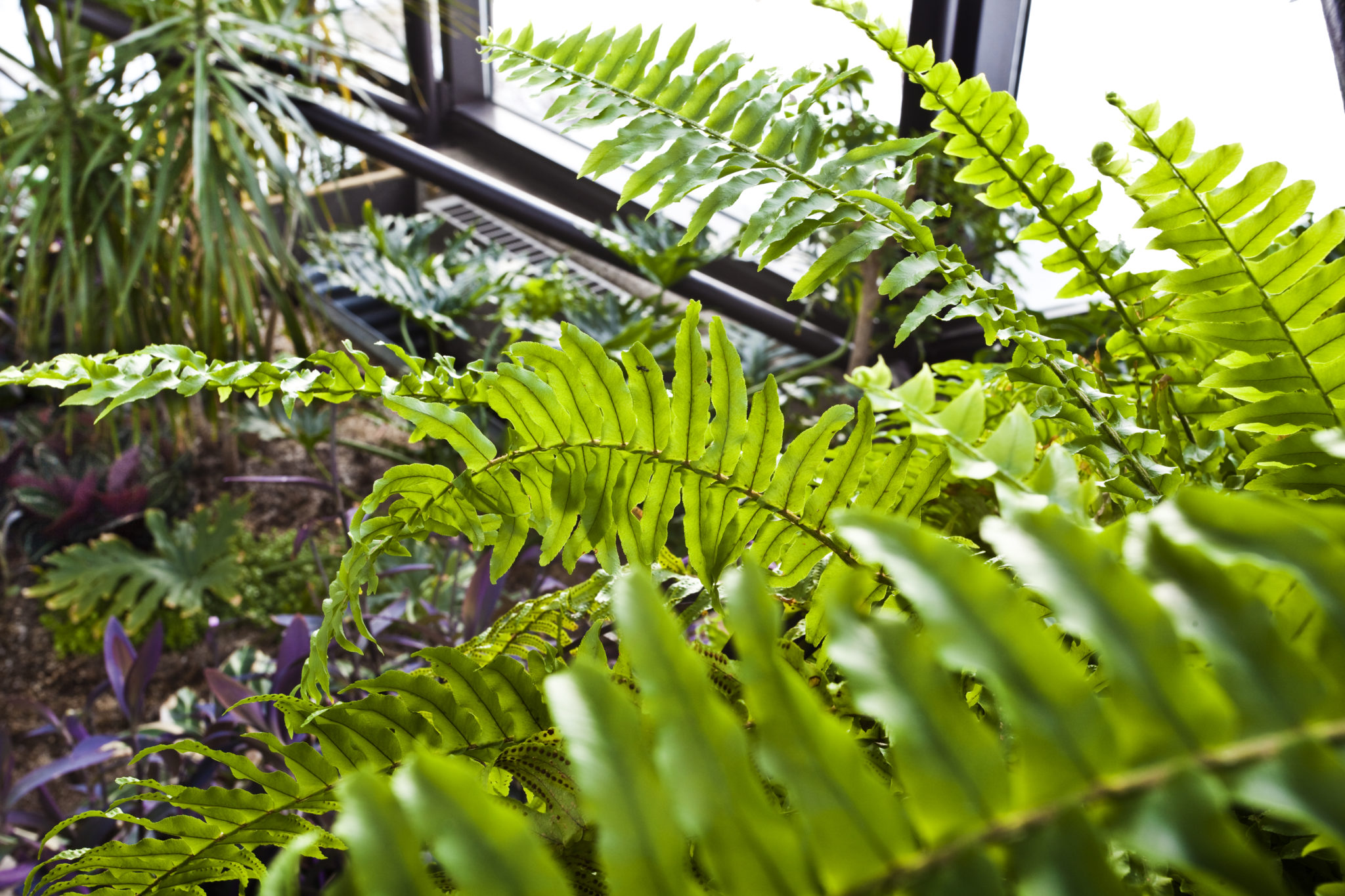Here’s some food for thought: Over the course of a three-day event, the average event attendee generates approximately 61 pounds of waste, compared to the 13.5 pounds they generate at home during the same period (The Economy and the Environment: One Solution for Two Meeting and Event Industry Issues, Meetings Strategies Worldwide).
There’s a growing demand by event planners, attendees and venues to create more responsible solutions in our industry. That’s why the Edmonton Convention Centre recently launched its Responsible Meetings Program. With the goal of integrating sustainability into every planning conversation, the Responsible Meetings Program provides incentives for sustainable undertakings like plant-based menus, eliminating single-use items and carbon offsetting.

Asking the right questions during the planning process will help you and your host venue make responsible decisions that will leave a positive impact on your host city and the world.
1. How much carbon will our event generate? Knowing your carbon footprint will help you implement carbon reducing measures like encouraging public transportation and carpooling among event attendees and even choosing a plant-based menu. You may want to ask your host venue to help calculate the approximate carbon footprint produced by your event or if they will help offset emissions generated by your event. Here at the Edmonton Convention Centre, we will match your carbon offsetting contribution up to 20 tonnes of CO2e!
2. Where is the food being sourced? Featuring local, seasonal and sustainable food items not only tastes delicious, it supports local producers and reduces the environmental impact of food transportation. By asking your event venue to source food from community growers and producers, you can feel good knowing you’re supporting your host city’s local economy. Sixty per cent of the Edmonton Convention Centre’s food suppliers are local producers and growers—injecting more than $550,000 back into our local economy every year.
3. What happens to leftover food? The United Nations estimates 30% of globally produced food is wasted without ever going to feed our world’s population. Events and meetings can generate immense amounts of food waste, but not all venues can facilitate leftover food donation programs because of health regulations and food donation policies in their cities. In 2009, the Edmonton Convention Centre was one of the first organizations in Edmonton to participate in Alberta Health Services’ and the Edmonton Food Bank’s Second Helping Program. In 2018, approximately 5,288 meals were safely donated to those in need. At the end of your event, we will provide you with the number of meals donated through the Second Helping Program so you can shout your impact from the rooftops.
4. What can be done with single-use event signage and décor? In most Canadian communities, foam-core, plastic and vinyl event signage is almost impossible to recycle and sadly ends up in landfill. Beyond reducing your single-use event signage, ask your venue if they have any programs in place to reuse or repurpose these materials. We partner with local community organizations, including iHuman, who repurpose old event signage into materials for youth art projects. Don’t be afraid to ask—we will gladly find a solution for repurposing lanyards, nametags that you no longer have use for. We also partner with Stems from the Heart to donate leftover floral arrangements and Fairware to provide sustainable alternatives to traditional merchandise or swag.
5. How can our event reduce single-use plastics? There are many ways event planners can encourage attendees to be plastic friendly or plastic free. Send out email communications to your event attendees telling them your event will be plastic bag and water bottle free. Ask for condiments and beverages to be served in bulk dispensers, create signage that can be reused year-after-year, inquire about compostable corn plastic alternatives or encourage your sponsors to limit swag. Rest-assured we are working hard to reduce our reliance on single-use plastics. In 2018, we eliminated plastic straws and stir sticks, diverting an estimated 253,000 straws from landfill each year. Most single-use beverage and food containers found at our concessions are biodegradable and can be tossed in the organic sorting bins after use.
6. What does your venue do on an ongoing basis to reduce its environmental impact? Most sustainable venues should hold at least one sustainability certification that upholds them to strict industry-wide standards. Do your research—ask to see information about your host venue’s accreditations, waste management policy, environmental purchasing policy or electricity use. Ask about accessibility to recycling bins, the type of cleaning products used and even the building’s light fixtures. A truly sustainable venue will be happy to be transparent and share their sustainability initiatives with you. Want to see how we are doing? Check out our 2018 Sustainability Report Card.
7. What impact did we have on the community where our event was hosted? You’ll want to know and share how your event left a positive impact on your host venue and community. Your host venue may be able to provide you with data around carbon emissions, food donations, waste and more. Along with providing carbon and food donation insights, we offer our clients complimentary waste audits to determine what percentage of your event waste was diverted from landfill.
Interested in greening your next meeting? Learn more about hosting a sustainable event at the Edmonton Convention Centre here.
Return to News

